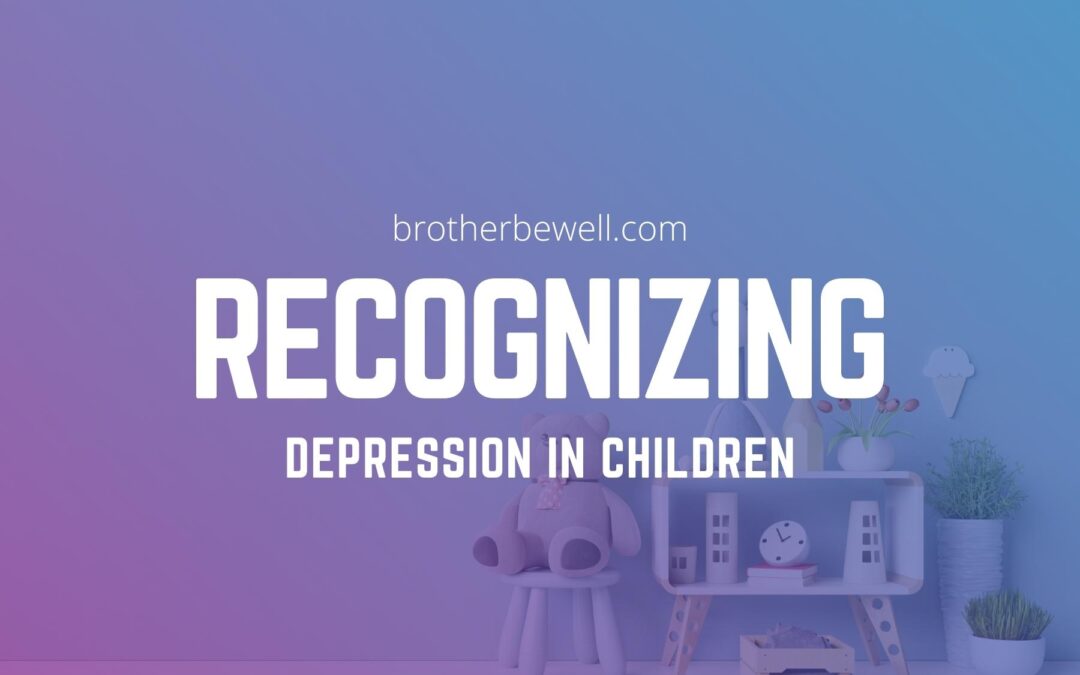More children struggle with clinical depression than you may think. In fact, the Center for Disease Control reports that about 3.2 percent of children between the ages of 3 and 17 have been diagnosed with depression. That’s almost two million children.
Children certainly experience mood swings at times. They may be ‘happy go lucky’ one minute and kicking and screaming the next. They may be sad a day or two and then suddenly pop out of it. However, depression goes beyond the everyday ups and down. Mild sadness for days turns into moderate to severe depression for weeks or months.
Recognizing Depression in Children
Depression comes in two forms: major depression and dysthymia. To be diagnosed with major depression, symptoms must linger for more than two weeks. Dysthymia is a milder form of depression that lasts for at least two years. Both children and teens can struggle with both forms.
Children are not likely to identify that they are clinically depressed. The severity of sadness can increase gradually without notice. This is why it is important for parents or teachers to monitor and know the symptoms of depression. By tracking moods and behaviors, it’s easier to know when to step in to help or reach out for professional help.
Signs of Childhood Depression
Here are some common childhood depression characteristics:
- Feeling deeply sad for longer than a few days.
- Having little energy.
- Lying around all the time and/or sleeping a lot.
- Feeling hopeless.
- Having a difficult time sleeping.
- Crying often.
- The inability to have fun or enjoy activities that used to be fun.
- Isolating and withdrawing from family members or playmates.
- Difficult time concentrating.
- Irritability.
- Not doing well in school.
- Appetite changes.
- Increased anger and aggression.
- Poor self-esteem.
- Physical problems like stomachaches, headaches, and body aches.
- Sadness combined with another problem like high anxiety, ADHD, or behavioral issues.
What About Adolescent Depression?
It is estimated that between 5 and 7 percent of adolescents are diagnosed with depression. Many of these teens have been struggling since childhood, but somehow fell through the cracks. Symptoms of depression in teens are similar to what children experience. In addition to the symptoms already mentioned, there are additional signs to look for, including:
- Feelings of intense guilt, shame, worthlessness.
- Self-harm (cutting, burning, etc.).
- Using alcohol or drugs.
- Acting out in inappropriate ways.
- Engaging in risky behaviors.
- Displaying extra attention seeking behaviors.
- Thoughts of suicide; having a plan, or attempting.
Testing Children for Depression
Early detection is helpful. Diagnosed children are much less likely to struggle with depression as adolescents. If you believe your child or student could be struggling with depression, know that help is available. There are testing methods that mental health experts use to assess and diagnose. Seek assistance from a qualified mental health agency or therapist who specializes in treating children. They are experienced with the topic and are likely to use up-to-date testing and treatment methods for depression.
The good news is that there are some exceptional treatment methods for childhood and/or adolescent depression. Cognitive Behavioral Therapy (CBT) is one such modality that helps many who struggle with depression. In some cases, medication may be used to manage and treat symptoms.
The key is to do a little bit of legwork if you feel the child could be struggling with depression. Here are some wonderful resources in California and nationwide to assist you.
State of California, Mental Health Services Website
National Parent Helpline – Resources for mental health for children and adolescents in California.
Anxiety & Depression Association of America
ADDitude – Screening questions for childhood depression.
Treatment Locator – Substance Abuse & Mental Health Services Administration
SOURCES
https://www.cdc.gov/childrensmentalhealth/features/anxiety-depression-children.html
https://www.sciencedaily.com/releases/2018/04/180424184119.htm
http://www.nationalparenthelpline.org/find-support/state-resources/california-resources
https://cms.ocgov.com/gov/ssa/health/other/child.asp
https://www.medicinenet.com/teen_depression/article.htm
https://adaa.org/learn-from-us/from-the-experts/blog-posts/consumer/childhood-depression
Brother Be Well Editorial Team



